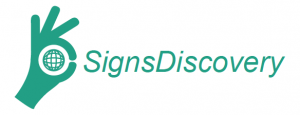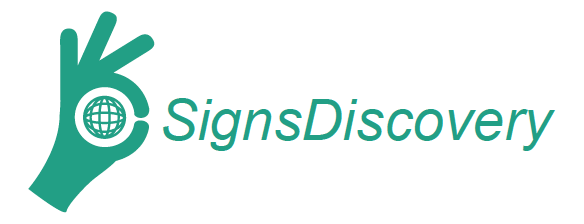Charter
 This charter aims at defining the philosophy as well as the ethic of our action, and to ensure its sustainability.
This charter aims at defining the philosophy as well as the ethic of our action, and to ensure its sustainability.
The objective of our association is to allow every deaf or hard-of-hearing persons of any country and specifically of those developing countries, to be able to access to knowledge and to communicate thanks to the learning of the sign language using an e-learning device. The relations are also the beneficiaries of this tool in their effort to communicate in accessing the sign language.
The association considers that any handicapped person must, regardless any gender or age discrimination, be able to beneficiate from the technical progresses for its self-fulfilment and its integration within its cultural environment since financially cost-accessible solutions exist.
Therefore the education by computer does not replace the traditional teacher, but is a tireless assistant and allows the student to be autonomous and to progress at its own pace.
The contents conveyed by the learning tool and initiated by the association do respect the cultures, the local rules as well as the religions. These are not intended to practice any type of proselytism and are free of any denominational, political or commercial membership.
These do not carry any messages of violence, incitement in against morality behaviours, homophobic words, discriminatory attitudes towards women or any cultural or ethnics minorities.
The contents have an educational objective and the entertaining sequences are intended to stimulate the motivation, but SignsDiscovery remains a learning tool and not a video game.
The contributors have the real desire to share their knowledge, their leisure activities as well as their discoveries with the learners in a friendly and caring relationship through a machine which nevertheless keeps its human dimension in the remoteness.
They do not have any prejudice on the learners and try to find a simple, progressive, illustrated method in order to introduce their themes of predilection.
The teaching aids are evaluated and, where necessary, adapted in order to answer the local specificities.
